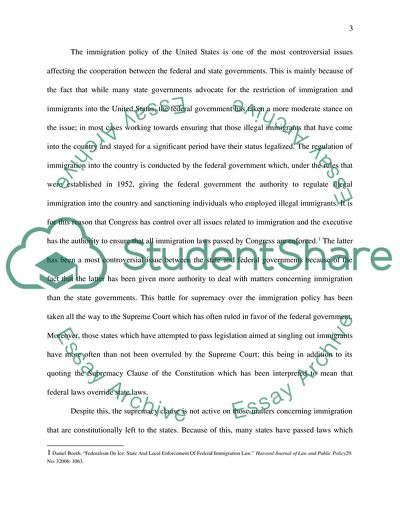Cite this document
(Federalism and Intergovernmental Relations Essay Example | Topics and Well Written Essays - 1500 words, n.d.)
Federalism and Intergovernmental Relations Essay Example | Topics and Well Written Essays - 1500 words. https://studentshare.org/politics/1831656-federalism-intergovernmental-relations
Federalism and Intergovernmental Relations Essay Example | Topics and Well Written Essays - 1500 words. https://studentshare.org/politics/1831656-federalism-intergovernmental-relations
(Federalism and Intergovernmental Relations Essay Example | Topics and Well Written Essays - 1500 Words)
Federalism and Intergovernmental Relations Essay Example | Topics and Well Written Essays - 1500 Words. https://studentshare.org/politics/1831656-federalism-intergovernmental-relations.
Federalism and Intergovernmental Relations Essay Example | Topics and Well Written Essays - 1500 Words. https://studentshare.org/politics/1831656-federalism-intergovernmental-relations.
“Federalism and Intergovernmental Relations Essay Example | Topics and Well Written Essays - 1500 Words”. https://studentshare.org/politics/1831656-federalism-intergovernmental-relations.


